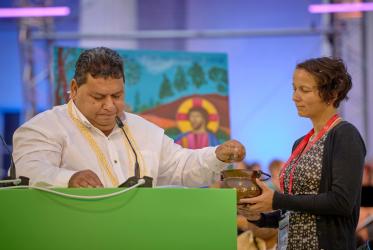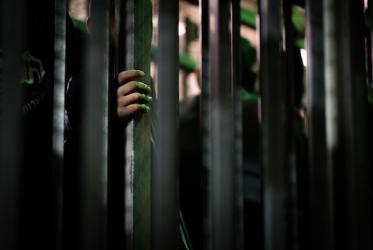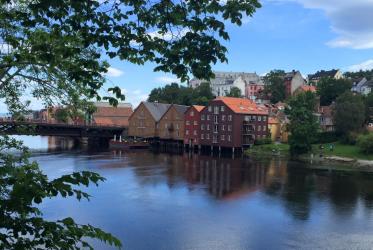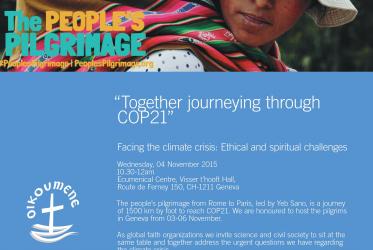Displaying 1 - 18 of 18
WCC organises event on “The Human Rights Situation in the Philippines”
18 September 2019
All pilgrim routes lead to COP24
11 December 2018
WCC to ring with children’s voices across the world
16 November 2018
“Overcoming economic injustice” vision of WCC’s Athena Peralta
23 February 2017
New Executive Committee members elected in Trondheim
28 June 2016
Land rights focus of panel discussion
17 November 2015
Climate activist Yeb Saño to reach Geneva on 3 November
03 November 2015
Conflict reporting fails women
06 October 2015
New UN document opens door for churches to do more for indigenous rights
23 September 2014
Faith communities advocate climate justice at COP19
27 November 2013












